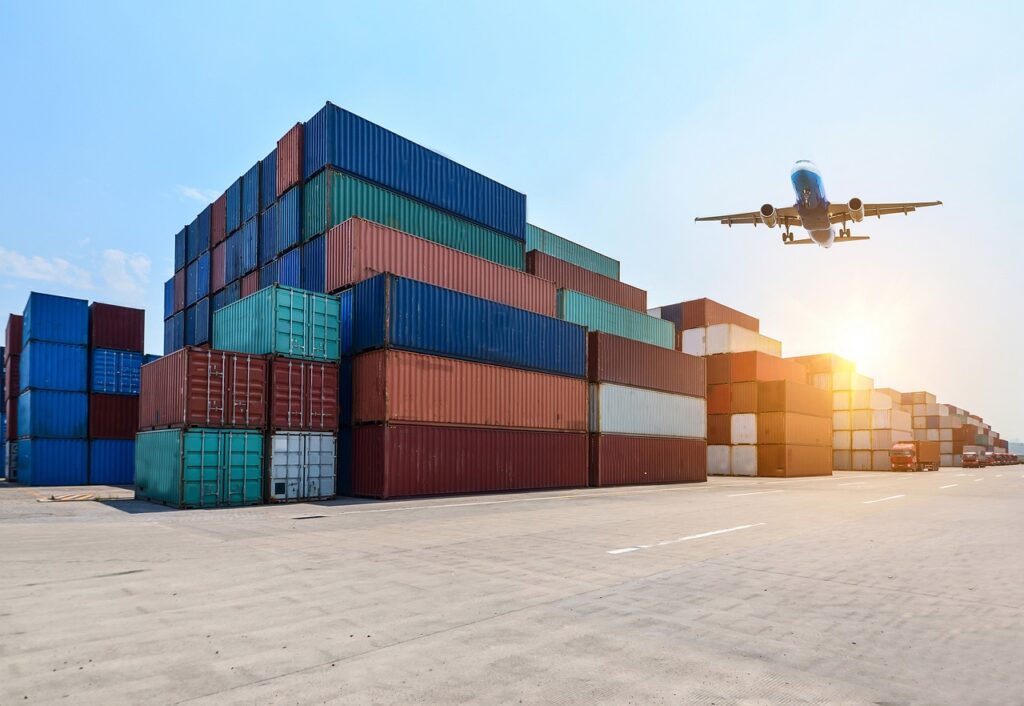Shipping containers are an integral part of modern-day global trade. Standardized containers have transformed the movement of goods across the world, making it faster, more efficient, and cost-effective. Tasmania is no exception, as the state has embraced shipping containers as a vital tool for its economy. This blog post discusses the historical evolution of shipping containers, the economic advantages of using shipping containers in Tasmania, enhancing trade opportunities in Tasmania, and the sustainability and environmental impact of shipping containers on the state’s economy.
The Historical Evolution of Shipping Containers
Prior to the 1950s, goods were loaded and unloaded manually onto ships. This process was labor-intensive, time-consuming, and expensive. In 1956, shipping magnate Malcolm McLean revolutionized the industry by introducing standardized shipping containers that were suitable for intermodal freight transport, and that could be loaded and unloaded quickly from ships, trains, and trucks. This innovation transformed the shipping industry, as containers enabled faster, cheaper, and more efficient movement of goods, while reducing labor costs.
Shipping containers have also improved the safety of goods in transit. Prior to the adoption of containers, goods were frequently lost or damaged during shipment. However, containerization has reduced the incidence of cargo loss and theft, as containers provide a secure and sealed environment for goods while in transit.
Economic Advantages of Shipping Containers in Tasmania
The adoption of shipping containers has brought significant economic advantages for Tasmania. Shipping containers are cost-effective and efficient, as they enable the transport of large volumes of goods in a single shipment. Containers also protect goods from damage during transport, which reduces insurance costs.
The use of shipping containers has also transformed logistics and supply chain management in Tasmania. Containers make it easier for businesses to track and manage their inventory, as well as enabling real-time monitoring of shipment progress. This improved visibility and control over the supply chain has enabled businesses in Tasmania to improve their planning and forecasting capabilities, reducing wastage and increasing efficiency.
Moreover, shipping containers provide scalability for Tasmanian businesses, enabling them to expand their operations globally by shipping their products to international markets quickly and affordably, There are many different sizes and types of shipping containers that businesses in Tasmania can utilize, making it easier for them to tailor the size and shape of their shipments to their needs.
Enhancing Trade Opportunities in Tasmania
Shipping containers have also promoted export and import activities in Tasmania by making it easier for businesses to access international markets. By enabling larger and more efficient shipments, shipping containers have helped Tasmanian businesses reach customers in new countries and expand their operations globally.
Moreover, the accessibility of international markets facilitated by shipping containers has increased competition in Tasmania, driving efficiency, innovation, and economic growth. This competition has propelled Tasmania’s economy to new heights as businesses seek new markets to grow.
Sustainability and Environmental Impact
Shipping containers have positive implications for the environment. Containers are reusable, durable and can trade hands more than twenty times. Containerization has significantly reduced transportation costs, and as the demand for shipping containers has grown the supply chain logistics have become more efficient, resulting in a reduction of carbon emissions. This reduction of carbon emissions makes shipping a much more environmentally friendly option for global transportation.
Additionally, shipping containers can be repurposed and recycled into buildings, workspaces and homes. The use of shipping containers for affordable housing construction is becoming a trend in Tasmania. As the state continually faces an increasingly high demand for affordable housing, shipping containers have become a cost-effective and environmentally friendly solution.
Conclusion
Shipping containers have revolutionized global trade, and have played a transformative role in Tasmania’s economy. The adoption of shipping containers has brought significant economic advantages for Tasmania, transforming logistics, supply chain management, and enhancing trade opportunities for businesses. Shipping containers have also made transportation more sustainable, given their durability, reusability, and recyclability. As risks to the environment become a growing concern, shipping containers represent an effective solution to reduce carbon emissions and create a more eco-friendly transport. Businesses in Tasmania can take advantage of the benefits offered by shipping containers, to expand their operations globally and remain competitive in their industries.

